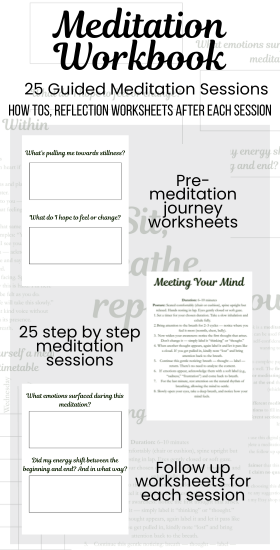Stress is a part of a daily lives so it can be beneficial to recognise its positive impact as it is very easy to constantly give stress a bad reputation. Some stress is actually good for you, even though everyone only ever discusses how annoying and frustrating it is. This post will cover what good and bad stress are, so you can clearly see the differences and note when you’re feeling which type of stress. You can also learn how embracing stress can have a positive impact on your physical wellbeing, and the strong connections between stress and physical health. Having a positive outlook on stress can help you conquer it when it becomes overwhelming.
What is good stress? Recognising good stress can boost confidence.
- Good stress is referred to ‘eustress’ by psychologists.
- We feel good stress before an event such as a competition, a performance, during a rollercoaster ride.
- It is often felt as a thrill, an adrenaline rush or a surge of excitement.
- Your pulse quickens without feeling like there is a threat or something to fear.
- It is short lived and quick to overcome.
What is bad stress? Understand when your stress is unhealthy.
- Although bad stress (also known as chronic stress) can be overcome, it takes much longer and is harder to overcome compared to good stress.
- It occurs when you’ve been stressed for a long time without having the chance to address the stress and overcome it.
- Bad stress usually forms due to repeated stressor factors appearing in your daily life.
- Our bodies are not adapted to cope with bad stress.
- It can be turned into good stress with a lot of focus on why the situation can have a positive effect/outcome and being optimistic overall.
Learn more about Chronic Stress: What Makes Chronic Stress Contribute to Anxiety and Depression?
Why embracing good stress can make you stronger
Research has found that good stress improved your mental performance because the short moments of stress (which you can overcome quickly) help your brain generate new brain cells that are more capable in dealing with stress. This also helps improve your memory and your immune system – so when it comes to infections and wounds, your body will recover from them faster. Furthermore, coping with short bursts of stress inspires and motivates you to live a life of adventure and liveliness, it can help you to feel prepared and ready to take on tough moments in life. On top of this, if you’re pregnant it can have positive effects on your child’s development.
Reference: useful websites with similar content
Stress Management: How to Tell the Difference Between Good and Bad Stress







